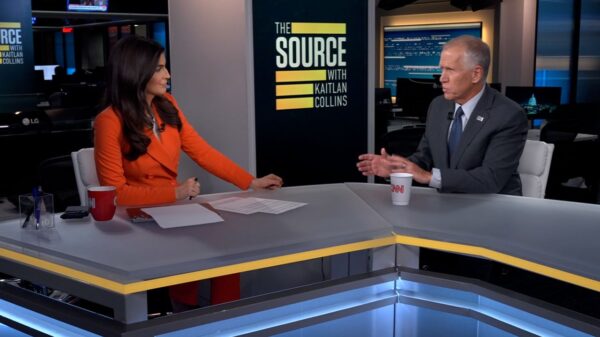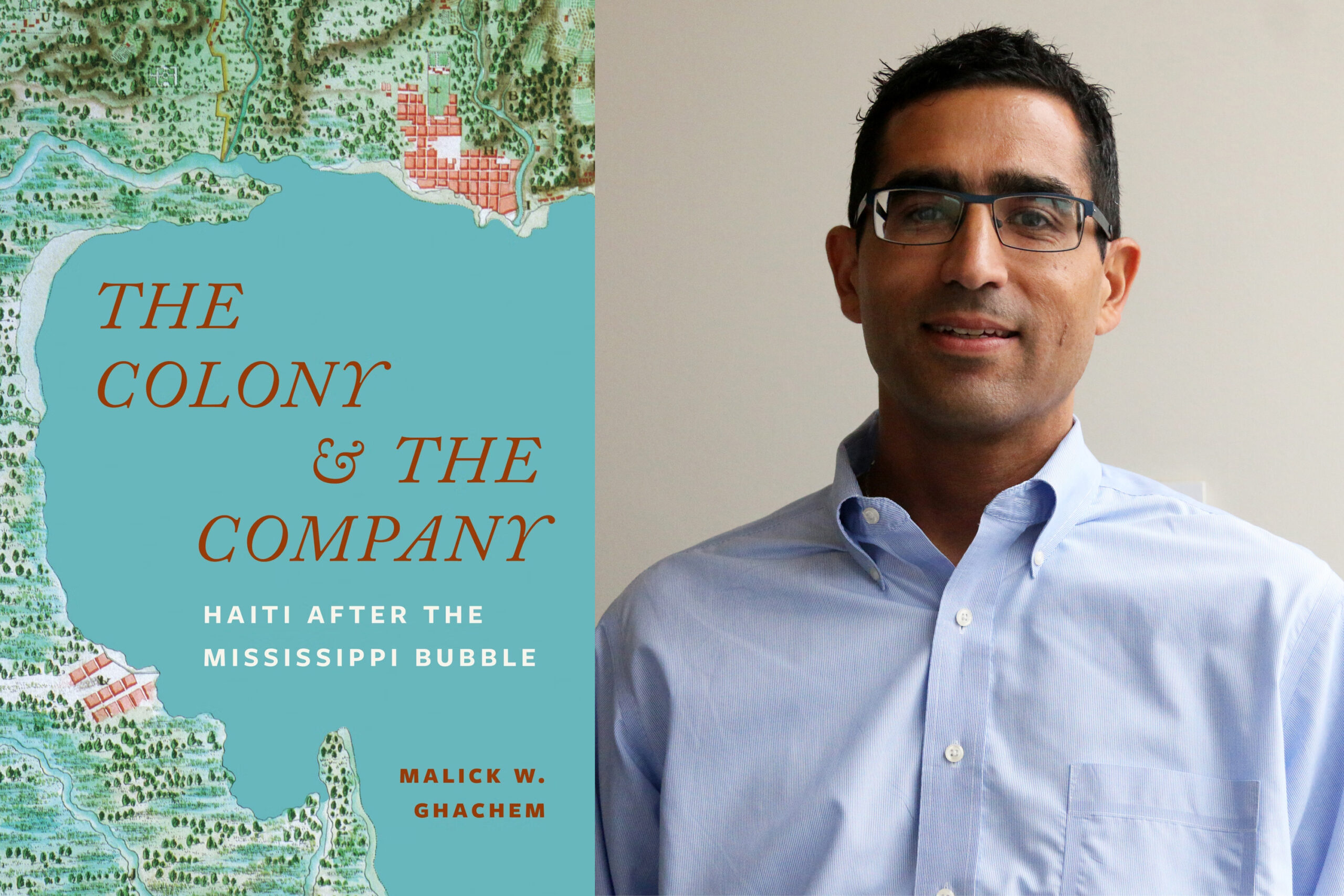Haiti’s ongoing struggles can be traced back to pivotal events in the early 18th century, particularly the **Mississippi Bubble**, which reshaped its economic landscape. In **1715**, following the death of **Louis XIV**, France faced significant debt from years of warfare. The French monarchy appointed **John Law**, a Scottish financier, to reform its economy. Law’s ambitious plan aimed to retire national debt while promoting overseas commerce through private monopolies. However, his efforts culminated in a stock market crash known as the **Mississippi Bubble** in **1719-20**.
Law’s economic restructuring had far-reaching consequences, especially for Haiti, then known as **Saint Domingue**. The country’s economy transitioned to one heavily reliant on sugar plantations, which were labor-intensive and exploitative, relying on enslaved workers. This shift, characterized by violence and repression, laid the groundwork for Haiti’s contemporary socio-economic issues.
Historian **Malick Ghachem**, a professor at the Massachusetts Institute of Technology (MIT), explores these themes in his recent book, **The Colony and the Company: Haiti after the Mississippi Bubble**, published by **Princeton University Press**. “This is a moment of transformation for Haiti’s history that most people don’t know much about,” Ghachem states, emphasizing the pre-independence origins of Haiti’s economic challenges.
The economic practices initiated by Law had a lasting impact. By the **1720s**, Haiti became enmeshed in complex debtor-creditor relationships that persist today. Ghachem’s archival research reveals that Haiti’s role in the global bubble of the 1710s was significant and shaped its future. He argues that the **sugar revolution** was driven by France’s desperation for new revenue streams, leading to the exploitation of Haitian resources and labor.
As France’s overseas ambitions grew, Haiti emerged as a critical center for sugar production. This economic model, however, was fraught with violence and instability. “When the company is seen as the answer to France’s own woes, Haiti becomes enmeshed in the crisis,” Ghachem explains. The dynamics in Haiti were complicated; local planters resisted Law’s company, yet ultimately adopted its financial logic to manage their plantations.
The societal structure of Haiti during this period was diverse, with Jesuit missionaries, European settlers, and maroons—freed or escaped slaves—coexisting under challenging conditions. Ghachem notes that the colony’s economic success was intrinsically linked to the very factors that hindered Haiti’s ability to thrive as an independent nation post-revolution.
The Haitian Revolution from **1789 to 1804** brought significant political change but did not resolve the underlying issues rooted in its colonial past. Ghachem critiques the narrative suggesting that the revolution directly caused Haiti’s current socio-economic challenges. Instead, he argues that these problems are deeply rooted in the country’s historical relationship with France and the exploitation that characterized its early economy.
Scholars have praised Ghachem’s work for its depth and nuance. **Pernille Røge**, a historian at the University of Pittsburgh, describes it as “a multilayered and deeply compelling history rooted in a careful analysis of both familiar and unfamiliar primary sources.”
Ghachem aims to broaden understanding of Haiti’s past and present, encouraging readers to consider the deep historical connections that shape its society. “I’m trying to keep up with the day job of a historian,” he reflects, highlighting his commitment to uncovering lesser-known stories and presenting them in a new light.
Haiti continues to grapple with challenges that many attribute to its historical context. The current situation, with escalating violence and gang control in the capital, serves as a reminder of the complexities that have persisted since its colonial days. By illuminating the early economic transformations and their consequences, Ghachem’s research provides a crucial perspective on Haiti’s ongoing struggles, urging a deeper examination of its historical roots.





































































